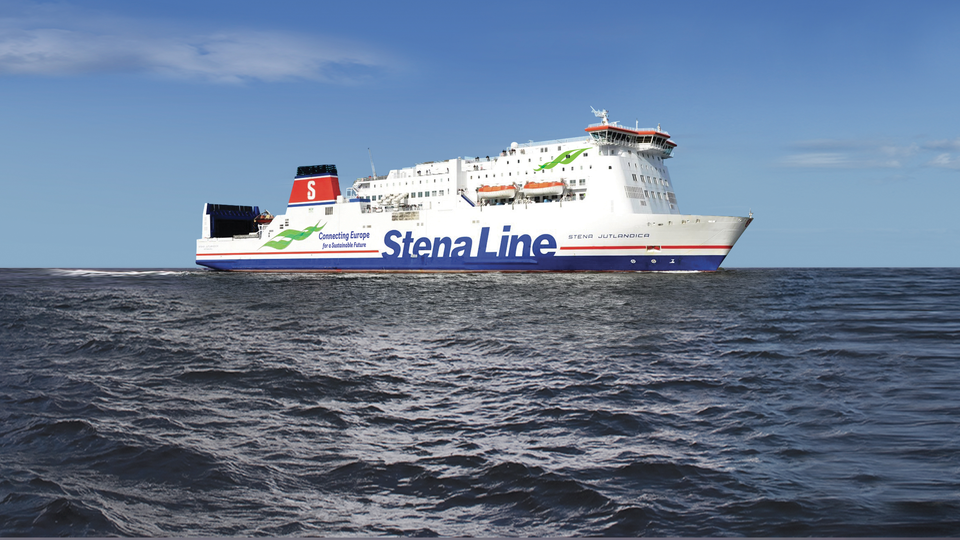
HOPE analyzes fuel cells solutions in shipping
Transport by ship is a sector that is still dependent on fossil fuels. Can solutions with hydrogen-powered fuel cells reduce the dependence on fossil fuels in shipping within the Nordic? The research project HOPE, which is led by IVL Swedish Environmental Institute, is investigating this issue.
The project HOPE (Hydrogen fuel cells solutions in shipping in relation to other low carbon options - a Nordic perspective) analyzes how marine solutions with hydrogen-powered fuel cells can work compared to other low-carbon fuel solutions for regional shipping.
There are several fuel alternatives – such as biofuels, electricity, hydrogen, and ammonia – which have different conditions for different shipping segments and different potential depending on advances in other sectors. Today, there is no clear answer as to which fuel the shipowners should choose.
The project develops and evaluates a concept design for hydrogen-powered fuel cells for ships in Nordic waters. It examines technical aspects and costs, as well as obstacles and motivation for these ships, and how they can affect greenhouse gas emissions and air pollution.
The overall purpose of the project is to find ways to make the Nordic shipping sector fossil-free.
Read a press release about the project: Nordic research analyzes fuel cells and hydrogen for shipping  Opens in new window.
Opens in new window.
Project facts
- HOPE (Hydrogen fuel cells solutions in shipping in relation to other low carbon options – a Nordic perspective)
- Budget: SEK 10.2 million
- Funders: Nordic Energy Research, Danish EUDP, Business Finland, the Swedish Transport Administration, the Norwegian Research Council, and the Icelandic Research Center, as well as in kind financing from participating companies
- Partners: IVL Swedish Environmental Institute, Sintef, University of Iceland, Stena Rederi and Powercell Sweden
- Period: 2021 - 2023
Contact
Want to know more about IVL's services and offers? Enter your email address and choose which area you want to know more about, and we will get back to you.
NOTE! For questions about vacancies and thesis work, go to the Careers
tab in the main menu.
